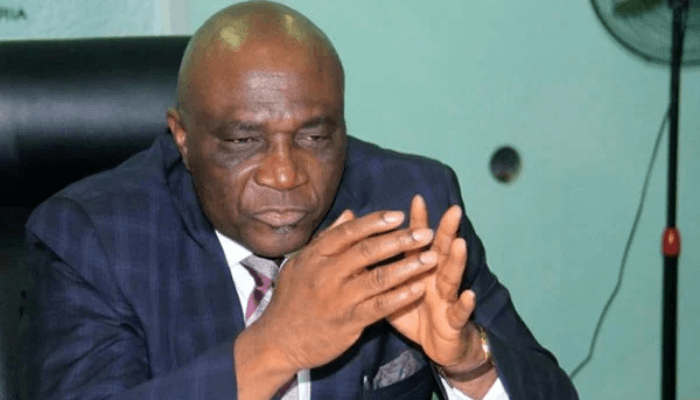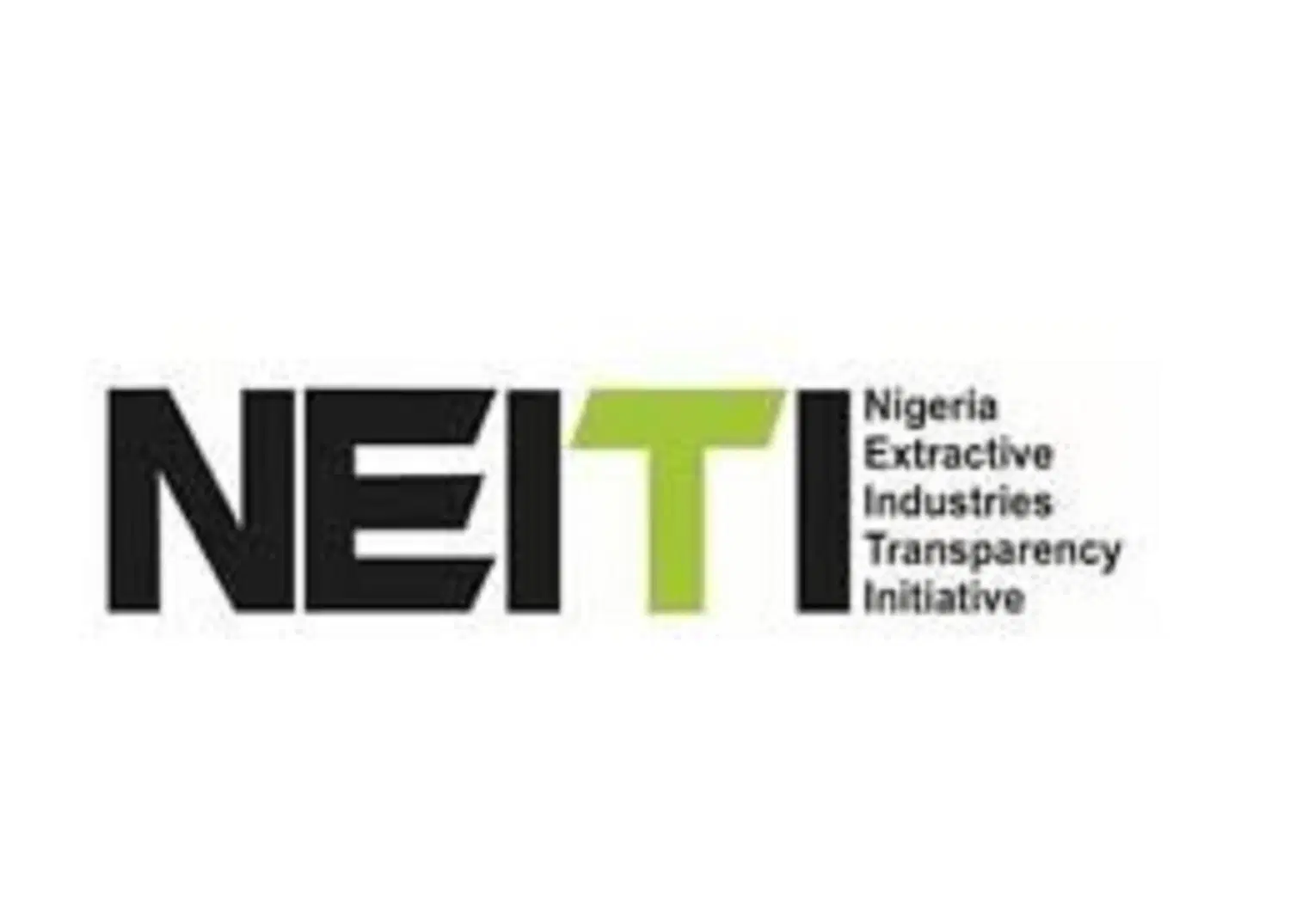Nigeria is close to securing $2.3 billion in funding to upgrade its electricity transmission infrastructure under the Presidential Power Initiative also known as the Siemens deal.
Over the weekend, Minister of Power, Chief Adebayo Adelabu, revealed that the financing arrangement is nearing completion.The federal government has urged European Union member states to continue offering technical and financial support to Nigeria’s power sector, emphasizing its importance to the country’s economic growth.
Speaking in Abuja during a visit from the EU Ambassador to Nigeria, Gautier Mignot, Minister of Power, Adelabu expressed concern over the possible effects of falling international oil prices on Nigeria’s economy.
Despite these challenges, he emphasized that President Bola Tinubu remains deeply committed to reforming and revitalizing the country’s power sector.
The minister noted significant improvements in the power sector since President Tinubu assumed office, citing ongoing reforms that are producing positive outcomes and transforming the sector.
According to a statement from his spokesman, Bolaji Tunji, Adelabu pointed to investments in non-grid power supply for rural and semi-urban areas.
These efforts include exploring solar and hydro power, supported by the Electricity Act of 2023.
“The second intervention with regard to the transmission is the Presidential Power Initiative (PPI), and you will recognise it better when I say Siemens Project. So we are actually securing the finance of close to $2.3 billion to ensure that we revamp or transform our transmission segments.
“And the government of Germany has been very instrumental to ensure this works. Siemens is handling lots of the critical transmission projects there. We also have some reputable Chinese firms too, that are doing some distribution projects, based on each company’s specialty and track records. That is working well.
“We have almost completed the pilot phase of that project, which involved importation, installation, commissioning, and energisation of 10 power transformers across the country and another set of 10 mobile substations.
“We have installed almost 90 per cent of this and they are working. And that has improved transmission capacity by over 700 megawatts, which is the result of what we are seeing now in terms of relative stability in the transmission grid,” Adelabu added.
According to him, with an average of 5,000mw to 8,000mw, it’s not by accident that the administration recorded two major milestones in the power sector in daily power consumption, with achievement of over 20,000 kilowatt hours and transmission as well as distribution of the highest energy volume of 5,801.63mw.
“We have also transmitted and distributed the highest energy in the volume of 5,801.63, which has broken the previous record, achieved in 2021. And lastly, we have achieved a valuable generation capacity of 6,003 megawatts in Nigeria,” he said.
Adelabu stressed the importance of continued assistance from international partners, particularly financial support. He noted that there are numerous areas where their help is needed, especially given the challenges posed by the evolving economic landscape, which remains unfavourable for Nigeria and the broader region.
“Just let’s look at the recent disruptions of the reciprocal tariffs from the US and a lot of other things that are coming. And look at the impact on the crude oil international price from $80 down to $64, and still going down further.
“That’s a lot of risk on our revenues in Africa, especially in Nigeria, where we rely so much on crude oil for foreign exchange. Over 90 per cent of our foreign revenue is from crude oil. Non-oil exports are still very low here. So you can see the disruptions are causing even to our 2025 annual budgets.
“We have used $75 to one barrel as the benchmark price for the budget. We have used 2 million barrels per day. And we are still at 1.7 million. You can see that gap, that hole is going to lead to a deficit. The major impact is that a lot of our quite laudable infrastructure transformation projects will be affected.
“There will not be enough money for capital projects. After you have paid salaries, you have paid pensions, you have made statutory reductions, have service debt. In fact, service debt will be a problem. And nobody wants to be insolvent as a sovereign. financing is putting a lot of pressure on us,” he stated.
The minister added, “So, I want the Western world to continue to fund us in friendly conditions. Friendly terms that will enable us to want to pay back as soon as we are able to get out of this quagmire. And again, it will help us to de-risk the investments in the power sector.
“A lot of the investors run away from investment in the power sector, whether it’s grid or renewable. But when they see huge investment coming in from the multilateral agencies, international development organisations, even the government itself, they are encouraged to come in.”
In his remarks, EU Ambassador Gautier Mignot expressed the European Union’s commitment to continuing its collaboration with Nigeria, particularly in the power sector.
“For us, the energy transition aspect is very important. At the same time, we’re very much aware that Nigeria has to build on the sets with oil and gas, and gas especially. We have also now the new important financial stakeholder arriving, which is the European Bank for Reconstruction and Development (EBRD).
“And you know that they are extending their mandate to six sub-Saharan African countries, including Nigeria. And Nigeria is becoming a shareholder of the EBRD, because it’s not only an EU bank.
“We have the majority of member states but there are many other stakeholders and beneficiary countries are shareholders. So it will also be a new source of financing. They will have an office in Lagos and they are more focused towards the private sector. So it’s a new asset,” he said.











